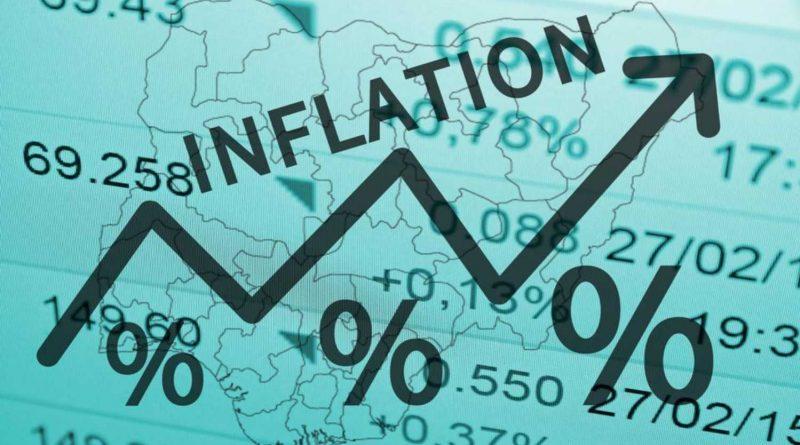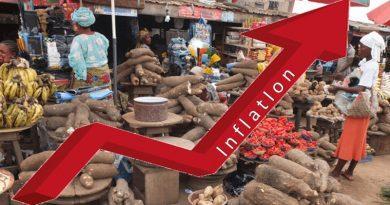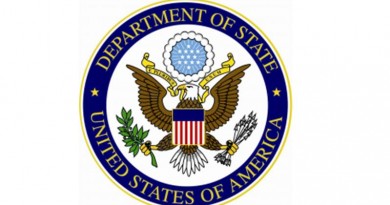Nigeria’s Inflation Report for December 2023
In December, headline inflation rose by +72bps to 28.92% year-on-year (y/y), compared to the previous month. This increase can be partly attributed to the higher demand during the end-of-year festivities. On a month-on-month basis, headline inflation increased by +20bps to 2.29%, up from 2.09% in the previous month.
Food inflation saw a significant increase of +109bps to 33.93% compared to the previous month. The prices of bread, cereals, oil and fat, meat, milk, cheese, eggs, potatoes, tubers, fish, and yam, among other items, experienced the highest increases.
Imported food price inflation also rose by +116bps to 24.90% y/y, up from 23.74% y/y in the previous month. Core inflation increased by +68bps to 23.06% y/y from 22.38% y/y in the previous month. Inflationary pressure was observed in areas such as passenger transport, medical services, housing, and pharmaceutical products.
The housing water, electricity, gas, and other fuel segment experienced a y/y increase of 24.0% and a m/m increase of 2.0%. The transport segment also recorded a y/y increase of 26.74% and a m/m increase of 1.55%.
According to the National Bureau of Statistics (NBS), Kogi had the highest y/y headline inflation rate at 35.58%, while Borno had the lowest at 23.27% in December ’23. It’s important to note that household consumption patterns vary across states, leading to different inflation rates.
Inflation continues to be driven by structural issues such as high logistic costs, poor infrastructure, storage problems, exchange rate pressure, elevated cost of petroleum products, and insecurity in food-producing areas.
The Central Bank of Nigeria’s (CBN) main objective is to maintain price stability. Our inflation outlook suggests that headline inflation will continue to rise in Q1 2024. Therefore, it is not unlikely that there will be subsequent increases in the Monetary Policy Rate (MPR) to address the rising inflation.
The primary goal of the CBN is to maintain price stability. According to our analysis, we expect the headline inflation to increase further in the first quarter of 2024. Therefore, it is not unreasonable to anticipate subsequent MPR hikes to tackle the rising inflation. However, in recent years, the impact of MPR hikes on curbing inflation has been limited. Moving forward, we envision a stronger collaboration with fiscal authorities, adopting a more nuanced strategy to address inflationary pressures. The CBN’s decision to discontinue the use of quasi-fiscal tools demonstrates their dedication to a more unified policy approach. SOURCE: Coronation Merchant Bank




